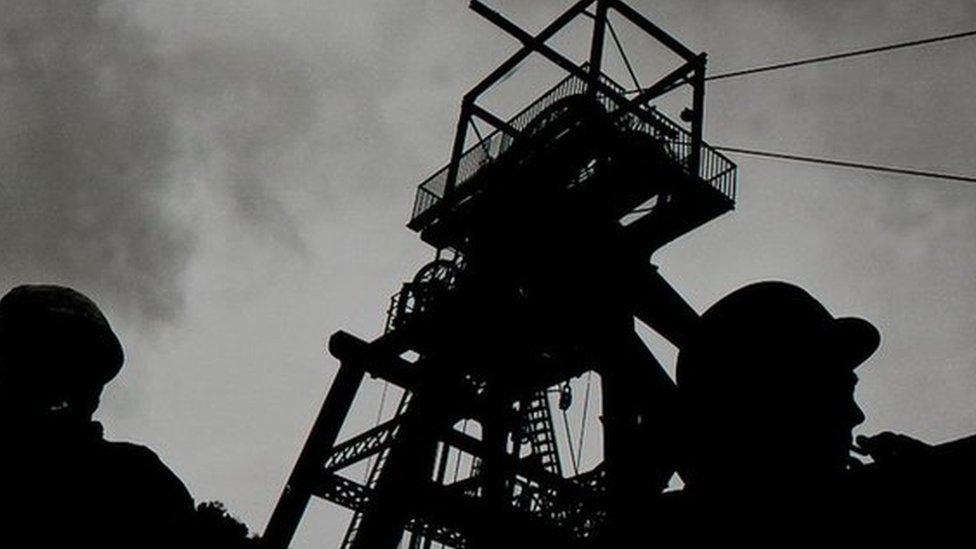Mineworkers' Pension Scheme: Rejection a 'slap in the face'
- Published
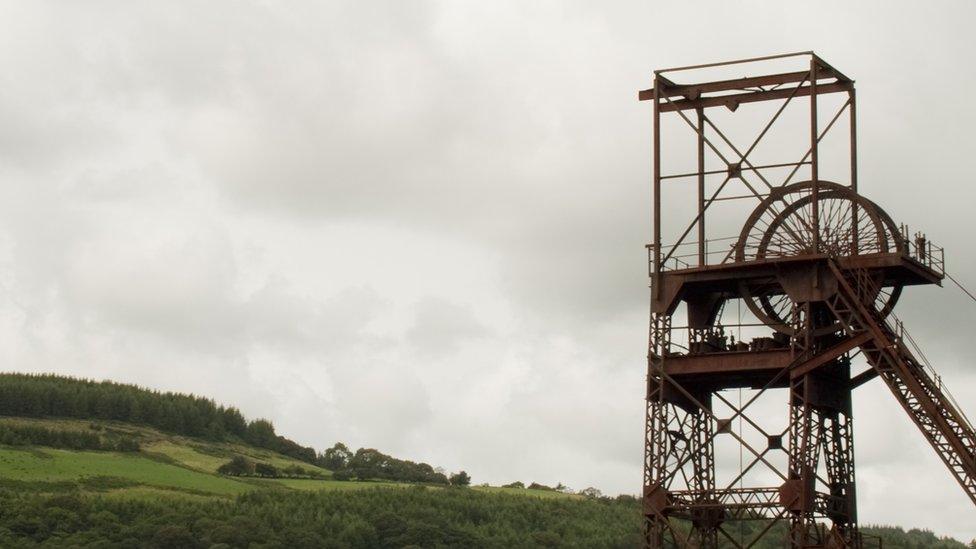
Tens of thousands of ex-miners draw money from the pension fund
Calls for the government to give £1.2bn of pension funds to ex-miners have been rejected, in what has been described as a "slap in the face".
Currently the government gets half of any surplus from the miners' scheme, a deal that has made it £4.4bn so far.
In April, a parliamentary committee called for a review of the arrangement but the government has said it believed the scheme was "fair and beneficial".
A former Nottinghamshire miner said he was "devastated" by the decision.
'Take it or leave it'
The pension scheme affects tens of thousands of families across the East Midlands, Yorkshire, the North East and Wales.
The Business, Energy and Industrial Strategy Committee said the move would have given a £14 increase to the average weekly pension of £84.
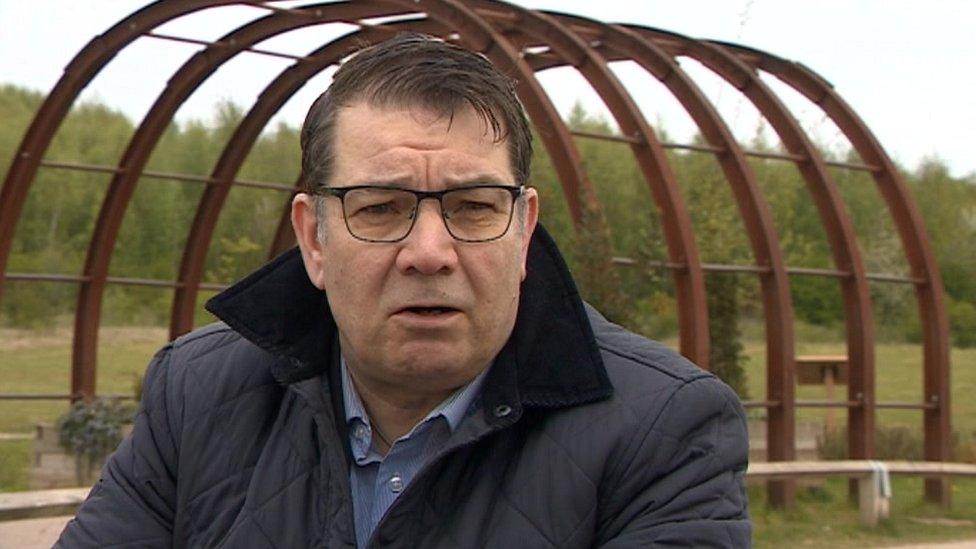
Former Nottinghamshire miner Mick Newton said he was devastated by the decision
Darren Jones, the Labour MP for Bristol North West who chairs the committee, said members of the scheme would be "deeply disappointed" by the government's "intransigent message".
"It represents a slap in the face for pension scheme members that the government is continuing its 'take it or leave it' approach," he said.
"The government has benefitted from billions of pounds of surpluses since 1994 without having to contribute a pound of taxpayers' money to miners' pensions.
"Ministers should think again and help ensure these pensioners get a fair deal."
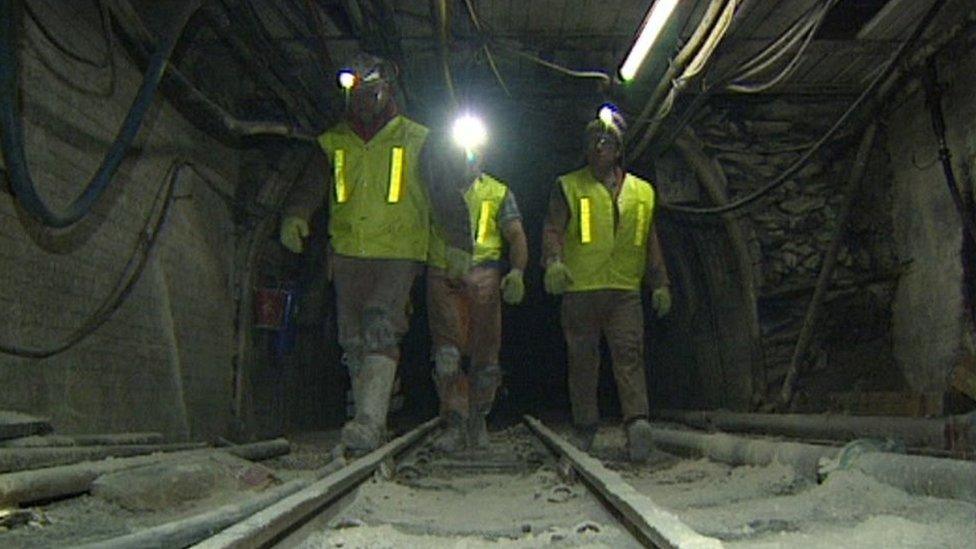
The government said miners had got higher pensions due to the deal
In 1994, when the Mineworkers' Pension Scheme was privatised, it was agreed the government would get 50% of any surplus from the fund, in return for guaranteeing the value of the pensions would not decrease.
As well as reviewing the 50% sharing deal, the committee had called for the government to relinquish its entitlement to the £1.2bn Investment Reserve, and give it instead to the miners.
However, in a letter to the committee Anne-Marie Trevelyan, the energy minister, said there were numerous examples of pension schemes that had been unable to meet their basic obligations, let alone increase.
"The government continues to believe the arrangement agreed in 1994 was fair and beneficial to both scheme members and taxpayers," she wrote.
"Scheme members have rightly shared in the benefits but the government has taken on all the risk."
'Betray the promises'
Former Nottinghamshire miner Mick Newton said he was "totally devastated" by the decision.
"Disappointment is too soft a word," he said. "To say I'm angry would be an understatement.
"It's not just a slap in the face for ex-miners and widows, it's a slap in the face for justice."
He added many former miners were struggling and the government's response represented a failure in its levelling up agenda.
Doncaster North MP and shadow business secretary Ed Miliband called the response "appalling".
"Rather than act to right a historic wrong, they [the government] have doubled down on an unjust arrangement that will see more than a billion pounds extra taken from retired miners' pensions by the chancellor," he said.
"Boris Johnson personally promised during the [2019] election campaign to tackle this injustice and has broken that promise today.
"The message from this government is that they will betray the promises they make to coalfield areas."
Conservative MP for Mansfield, Ben Bradley, said the outcome was "disappointing".
"I think we could find a better resolution and a deal for the miners," he told the Local Democracy Reporting Service.
"We wrote to the chancellor to follow up on the BEIS committee report along with Lee Anderson [Ashfield MP] and Brendan Clarke-Smith [Bassetlaw MP] and it's disappointing in terms of the outcome and the response to the report.
"But it's equally not the end of the road. This conversation has gone on for years and it will continue to go on."
The Department for Business, Energy and Industrial Strategy said: "Mineworkers' Pension Scheme members are receiving payments 33% higher than they would have been thanks to the government's guarantee.
"On most occasions, the scheme has been in surplus, and scheme members have received bonuses in addition to their guaranteed pension.
"We remain resolutely committed to protecting the pensions of mineworkers, but do not accept the committee's recommendations strike a fair balance between scheme members and taxpayers."

Follow BBC East Midlands on Facebook, external, on Twitter, external, or on Instagram, external. Send your story ideas to eastmidsnews@bbc.co.uk, external.
- Published29 April 2021
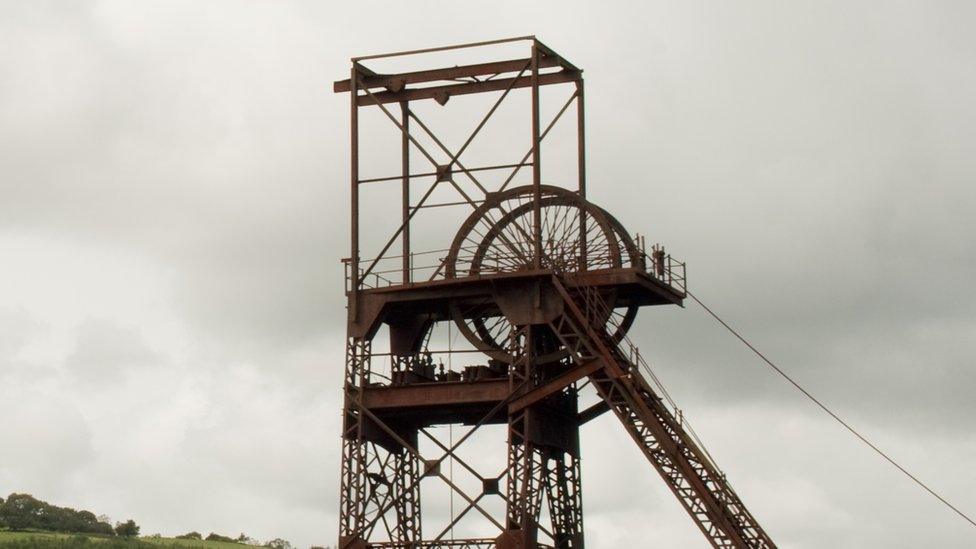
- Published6 March 2019

- Published7 July 2018
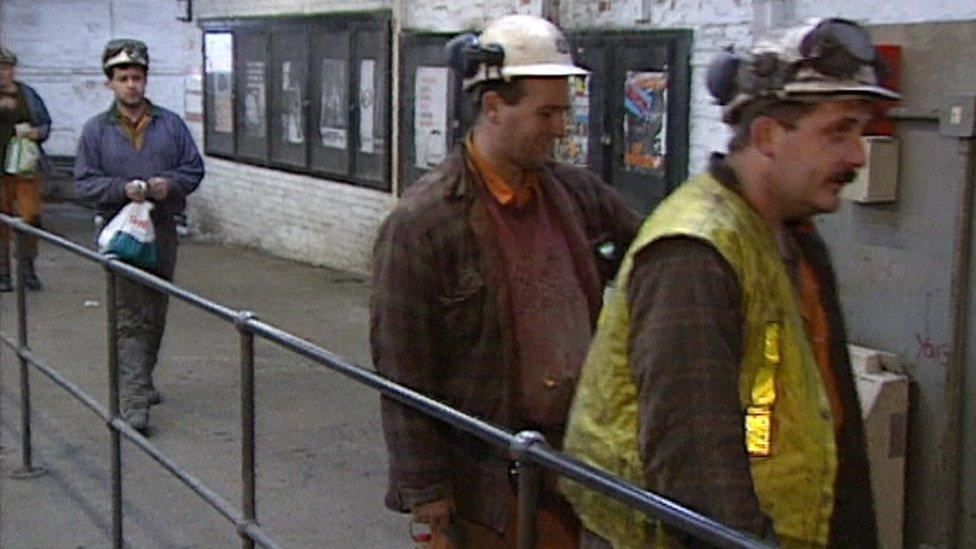
- Published16 May 2018
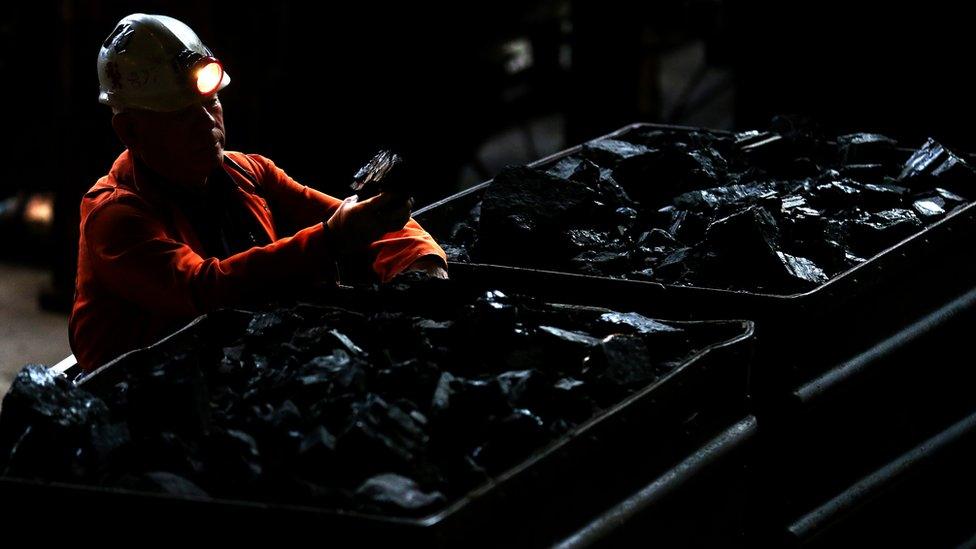
- Published10 March 2018
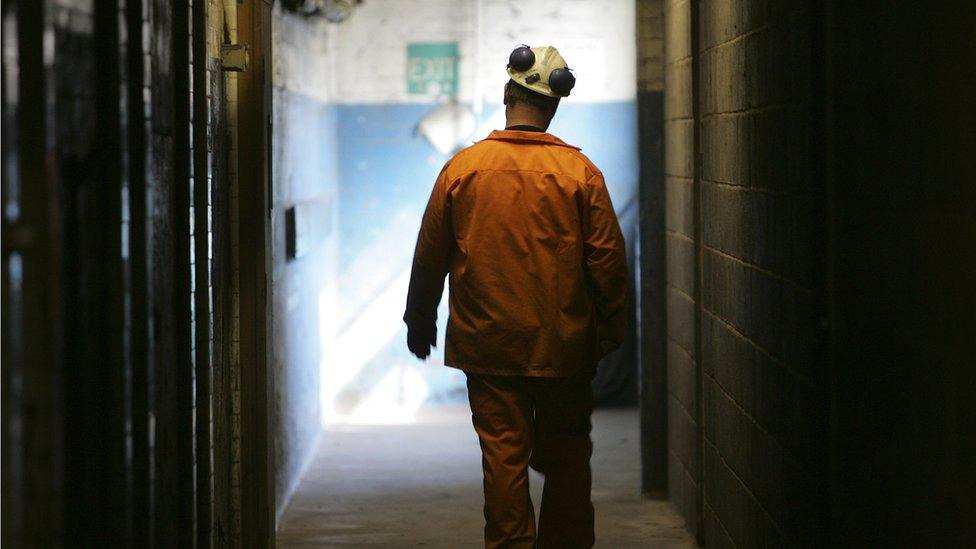
- Published16 November 2016
